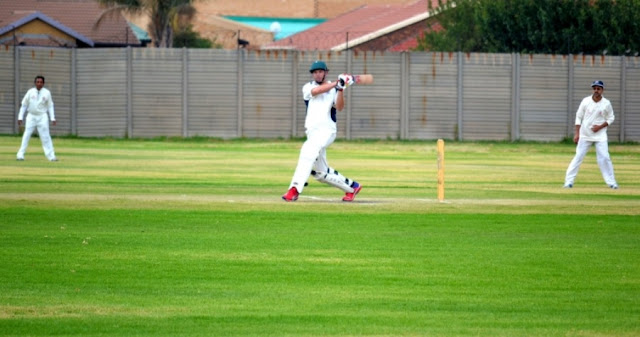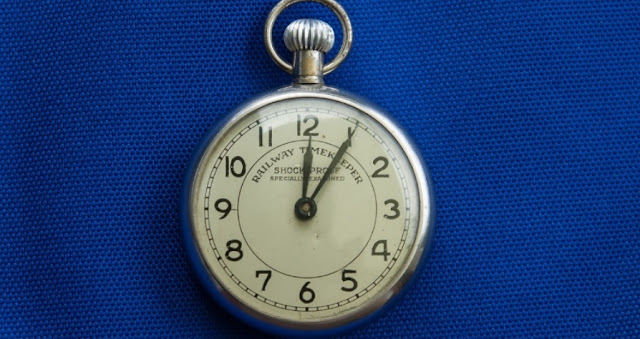Most students consider mathematics troublesome because of the abstract nature of the subject. But there are definite methods you can use to transform the seemingly abstract math lessons to something more palpable or tactile.
The interest can also be developed in students by implementing examples from daily life. Here, this post can help.
Shopping
This method can be considered the best of the lot.
That is because it has high probability of a promised reward in the end which can be pretty gratifying for the student, which in this case, is your very own kid. The shopping itself should be the lesson and the product can be considered a reward. We’ll provide you with an example:
You are shopping for your grocery items in a supermarket and your kid’s eyes are glued to a chocolate bar located on the top shelf or somewhere similar at a certain percentage discount. S/He asks you to get him that bar. Now what you’ll do here is completely up to you. But if you do agree to buy that bar, you can introduce a math lesson on the spot. Ask him to calculate the final price of the chocolate bar after applying the discount. That discount calculation is a good way of revising a basic math topic: percentage. Successful calculation will come with a reward which in this case is the bar itself. Now, that’s a lucrative prospect indeed from the child’s point of view. It’s undoubtedly a good way to develop an early math love in children.
Travel
Incorporating mathematics during your travels is an effective way to curb the boredom in the long run. On the other hand, it‘s fun and pretty enlightening and might also inculcate the math love in children. We’ll provide you with a simple example:
You are on a long trip with your kids from a place A to place B. You’re bound to see some milestones on the way. You can show the same to your kids to make them aware of the distance left to your destination. Now regarding the time required to traverse the distance, you might point out that specific formula to calculate the time by simply substituting certain information. That formula should be:
Now you already have the information of the distance between your specific location to your destination from the milestone. The speed can be depicted from the speedometer of your car. Ask your kids to put the values in the appropriate places and do the simple calculation (mind the units). They, themselves will come to the answer. There are several ways to improvise as well. You can make your kids calculate the distance or the speed as well by providing them the necessary values accordingly. The formula’s still the same, so there shouldn’t be any problem.
Quantity
Measurement of quantities is an effective way of inculcating the math love in children. It’s not necessary for kids to measure the quantities with a great deal of accuracy at the start. Just estimation would do. Let’s go through an example to elucidate the matter in detail for your easy reference.
While shopping for your daily needs, you have encountered a situation where the quantity of a specific purchase needs to be measured.
That’s the ideal time for you to introduce various measurement units like kilograms, grams, milligrams etc to your children and explain the link between them i.e. 1 kg=1000g. We are not asking you to explain the link between different units on the same spot. But after such introduction, you can easily make them aware of such links at your home as per your convenience. After that you may also allow your children to bear the responsibility of making the purchase on your behalf. That experience is far more gratifying.
Outdoor games

Connecting mathematics with outdoor sports/games is another effective way of getting your child involved in mathematics.
Almost every sport involves a little bit of mathematics. You’ll just have to point that out to your kids and get themselves involved in the same. An easy example can be a game of cricket. Ask your child to calculate the runs in a single innings if his/her team is the batting team; or if his/her team’s involved in bowling, ask him/her to calculate the remaining balls in a specific over. Both the actions involve the implementation of basic arithmetic operations that are immensely beneficial from the perspective of mathematics. Similarly, other sports like football, tennis etc. also involve mathematics from the very basic arithmetic operations to reasonably advanced grade mathematics like the DSC in football.
Time management
“Time management” is a part and parcel of education starting from examinations/lessons to that of the daily routines. Try to clarify the same to your children. Management of time is also a necessity in your daily routine activities. You should try to make your children realize that.
They should learn to estimate the time taken to carry out each specific activity accordingly and try to complete the same within that time frame. Such management also allows them to develop an idea as to how to handle complex tasks. Breaking down complex tasks into simpler small tasks is an effective way of time management. That should definitely be beneficial in the long run.
Sudipto writes educational content periodically for EduBow.Com and backs it up with extensive research and relevant examples. He’s an avid reader and a tech enthusiast at the same time with a little bit of “Arsenal Football Club” thrown in as well.






